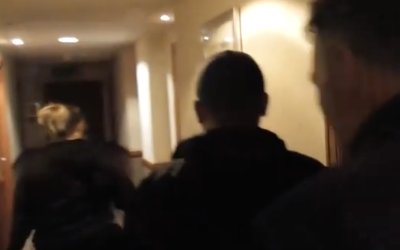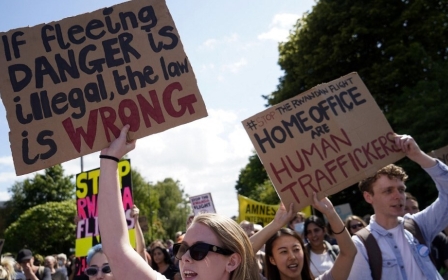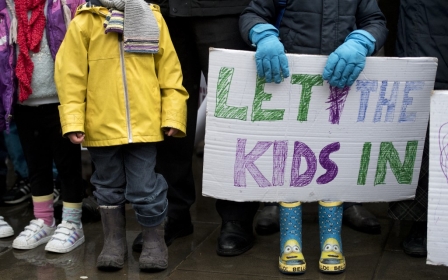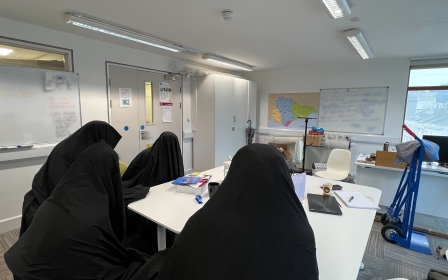Brighton hotel where 136 asylum-seeking children went missing to reopen
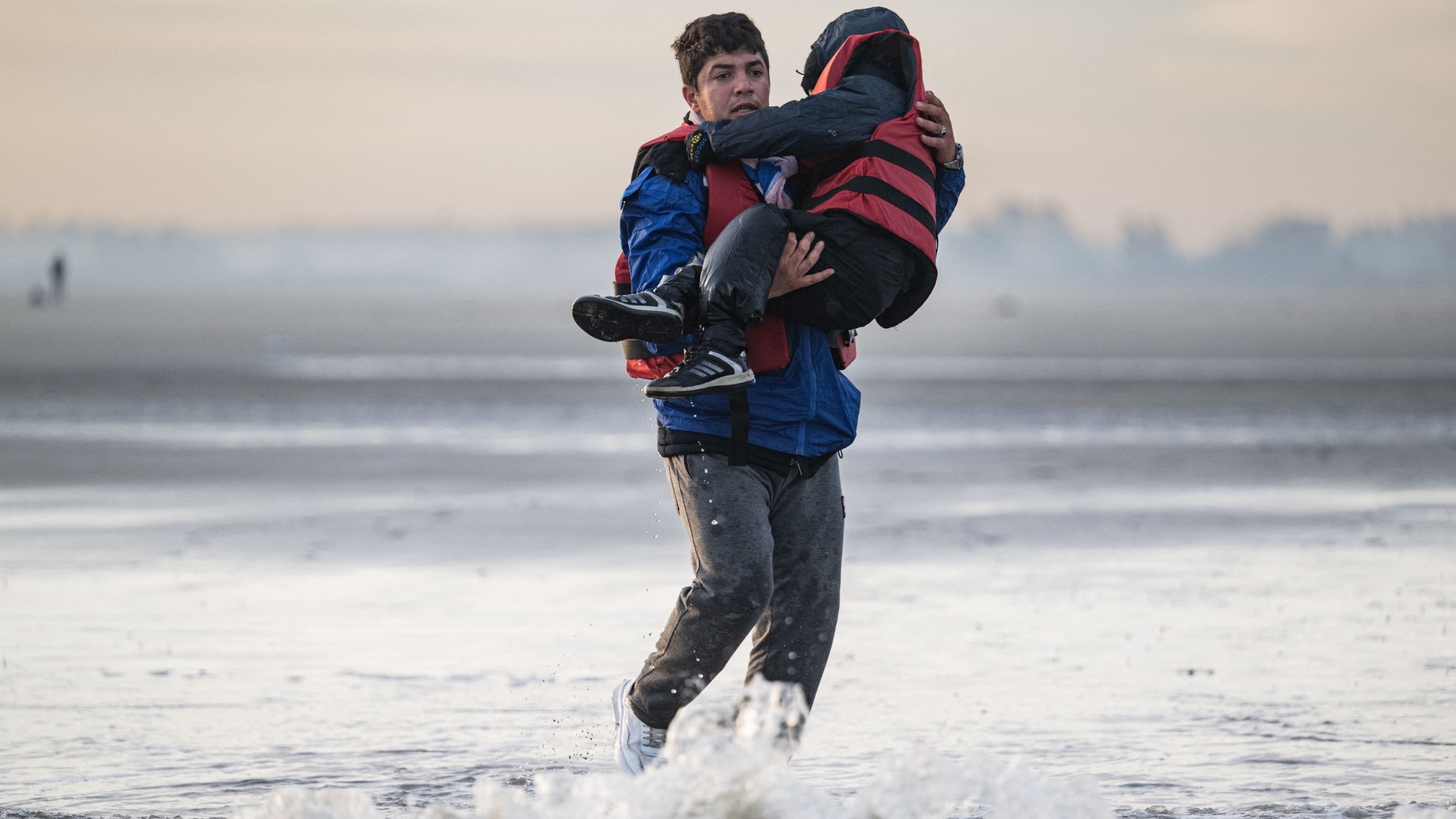
A notorious hotel in Brighton where 136 unaccompanied minors seeking asylum in the UK disappeared last year is set to be reopened next week, according to a leaked Home Office internal memo.
A network of hotels contracted by the Home Office to house unaccompanied minors closed after it was revealed in January that more than 400 children had gone missing since the scheme was launched in July 2021.
Despite Immigration Minister Robert Jenrick’s announcement earlier this month that there “are no unaccompanied young people in hotels whatsoever”, a leaked message from a senior official at the south coast hotel revealed that it will “be operational by the 27th of June” to house asylum-seeking minors.
The move comes after a family court ruled that unaccompanied children arriving in the UK should be considered “children in need” and cared for by local authorities, not the Home Office.
Of the total 400 unaccompanied minors, 154 are still missing according to a recent parliamentary debate, including 50 missing from the Brighton hotel alone. The network of hotels was targeted by gangs after their names were published online.
New MEE newsletter: Jerusalem Dispatch
Sign up to get the latest insights and analysis on Israel-Palestine, alongside Turkey Unpacked and other MEE newsletters
Some of the children appear to have been trafficked and put to work by criminal enterprises in Greater Manchester, The Guardian reported.
'Child abuse'
“This is effectively state-sanctioned neglect and child abuse, because the children are at extreme risk of harm and exploitation,” Lauren Starkey, social worker and member of the campaign group Homes Not Hotels, told Middle East Eye.
“Any child arriving in the UK unaccompanied should be taken into the care of local authorities. As we understand it, that is what has been happening over the past several months since hotels were emptied,” Starkey said.
'Clearly the Home Office has once again lost control of the situation and is now resorting to the unlawful use of hotels'
- Lauren Starkey, social worker
“Clearly the Home Office has once again lost control of the situation and is now resorting to the unlawful use of hotels.”
According to Starkey, the privately contracted staff caring for the children are not trained in childcare and often have not been cleared by the Disclosure and Barring Service, which regulates childcare staff. Social workers are not employed to oversee their care.
The last contractor to run the hotel was the company Mitie, which was among the contractors named in a recent report by Liberty Investigates and the Mirror into the use of violence by immigration staff.
Mitie, which runs 50 percent of the Home Office’s detention centres, was named in multiple instances throughout the report, with employees reportedly kicking a self-harming teenager who had recently crossed the channel, and kneeing another detainee in the head.
“Every child in care should be allocated to a specific social worker and that social worker should be coming up with care plans for them and they should have an independent reviewing officer who oversees the care plans,” Starkey said.
“These processes that are in place for children in care, do not exist for these children in these hotels.”
A pseudo-detention
The Home Office has said that, due to the rise in small boat crossings, the government has “no alternative” but to house unaccompanied asylum-seeking children in hotel accommodation.
A previous Liberty Investigates report revealed that 107 asylum seekers died in Home Office housing since 2016, the majority dying in temporary accommodation, often hotels run by private contractors.
“In general, hotels have been found repeatedly to be inappropriate spaces for vulnerable people to stay for a long period of time,” Eleanor Rose, an editor at Liberty Investigates, told MEE.
“Seekers report that they don't have access to medical help when they need it. People with young infants not having essential facilities.”
According to Rose, the transitional nature of this accommodation is a form of “pseudo-detention” that traps vulnerable young people in a prolonged state of uncertainty.
“It seems to be a particular issue for children and young people being held in that kind of uncertainty with [other] people who are a long way from home,” she said.
Carenza Arnold, a campaigner for Women for Refugee Women, said her organisation has had increasing reports of women asylum seekers being held in hotel accommodation.
During the Covid-19 pandemic, asylum seekers were moved into hotels as a temporary measure, but Arnold said that “a lot of these women are still in hotels now, years later.
“We’ve had (reports of) women feeling very unsafe in hotels, particularly if they're having to share floors with men they’re not related to,” Arnold told MEE.
“One woman told us that all the members of staff at the hotel refuse to call her by her name. They simply refer to her as her room number, which she's explained as making her feel less than human and like her identity is being stripped from her.”
The relative lack of security in hotels also exposes women and vulnerable young people to risks of attack by far-right groups.
“It's a different sort of risk,” Arnold said, “Within detention centres, it’s the abuse from staff that's the main problem. Whereas in hotels, it's much easier for the public to know where they are and access them.”
Homes Not Hotels have called a protest on Tuesday evening outside Brighton town hall to call for the closure of the hotel.
Middle East Eye delivers independent and unrivalled coverage and analysis of the Middle East, North Africa and beyond. To learn more about republishing this content and the associated fees, please fill out this form. More about MEE can be found here.


